Clear roadmap for environmental policy implementation
According to delegate Hoang Minh Hieu ( Nghe An ), through review, many recommendations from the Thematic Monitoring Report on "implementation of policies and laws on environmental protection since the Law on Environmental Protection 2020 took effect" have been accepted in the process of amending the Law on Environmental Protection this time. However, there are still some contents that have not been institutionalized or specified in the draft.
Regarding the scope of environmental licensing, the delegate stated: Clause 3, Article 3 of the 2020 Law on Environmental Protection defines that environmental licenses are only granted to establishments “with production, business and service activities”. This provision may lead to the omission of some entities that are likely to cause major pollution, such as public hospitals or public projects with significant emission sources but are not within the scope of licensing.
The monitoring report recommended removing the phrase “having production, business and service activities” to expand the scope of regulation, but the current draft has not yet incorporated this content. Delegates suggested that the drafting agency review and explain more clearly to avoid leaving legal loopholes in emission source control.
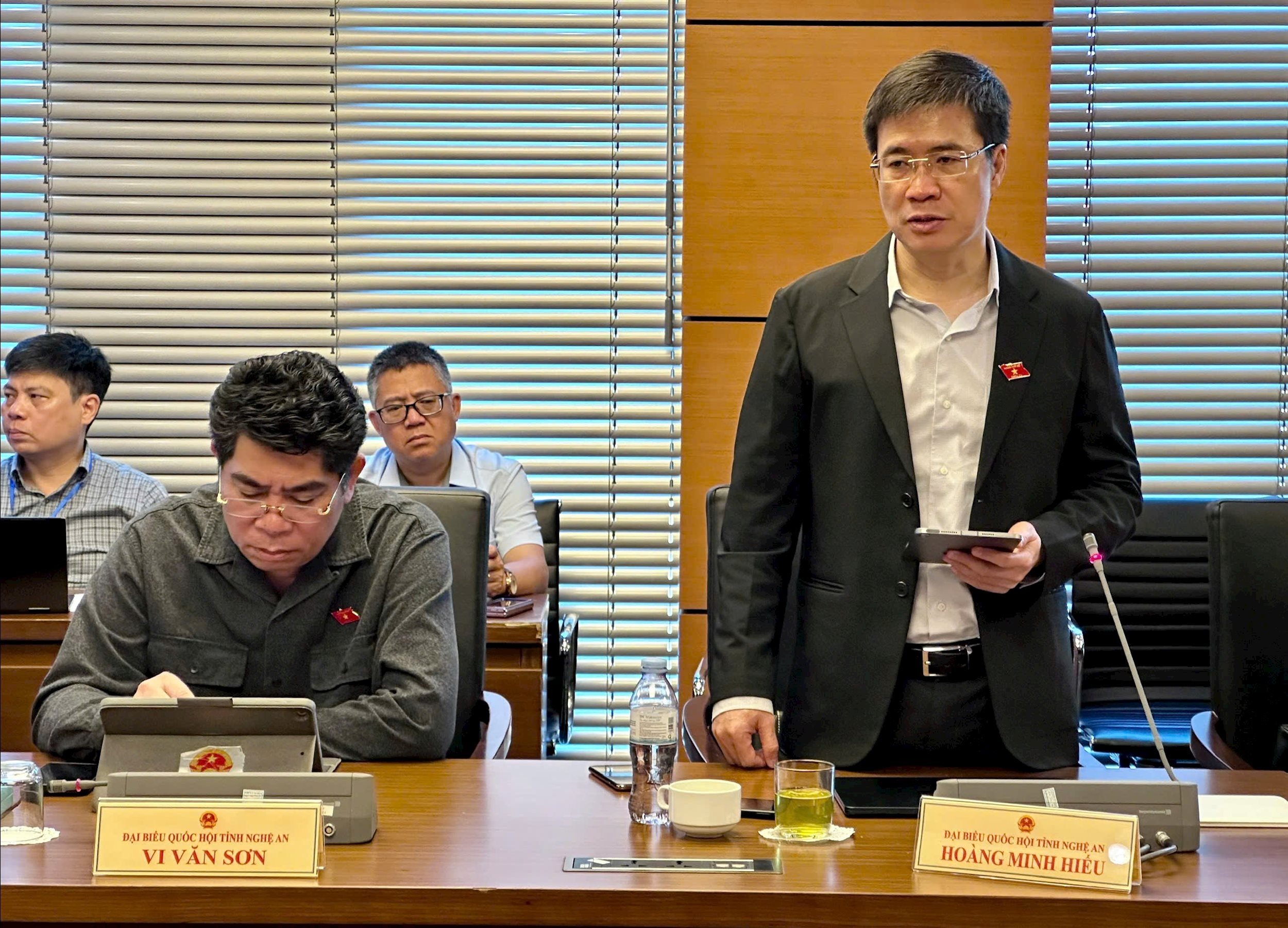
Regarding the classification of domestic solid waste at source, the delegate said that the implementation in localities is facing many difficulties. The guiding document of the Ministry of Natural Resources and Environment will not be issued until March 2025, while Clause 7, Article 79 of the Law stipulates that localities must organize the implementation by December 31, 2024 at the latest. "This deadline needs to be reconsidered because there are not enough conditions and specific instructions for implementation," the delegate emphasized.
Delegates suggested that the drafting agency consider adding regulations on the roadmap and time for applying the policy on domestic solid waste management to specific provisions of the draft to ensure feasibility.
According to delegate Hoang Minh Hieu, many contents mentioned in the Monitoring Report show that the difficulties in attracting investment in the field of urban wastewater and domestic solid waste treatment have not been overcome. The price of wastewater treatment services currently accounts for only about 15-30% of the price of clean water, which is not attractive enough for businesses to invest.
The delegate analyzed further: The current price of clean water is not high, so the price of wastewater treatment is low. However, it is necessary to reconsider the clean water price policy, because although the price that people pay is not high, the actual cost of having safe water for daily use is very high. Most urban households have to invest in water filtration systems and periodically replace the filter cartridges, which is a significant expense. Maintaining the current low price of wastewater treatment makes it difficult to attract investors to participate in this field.
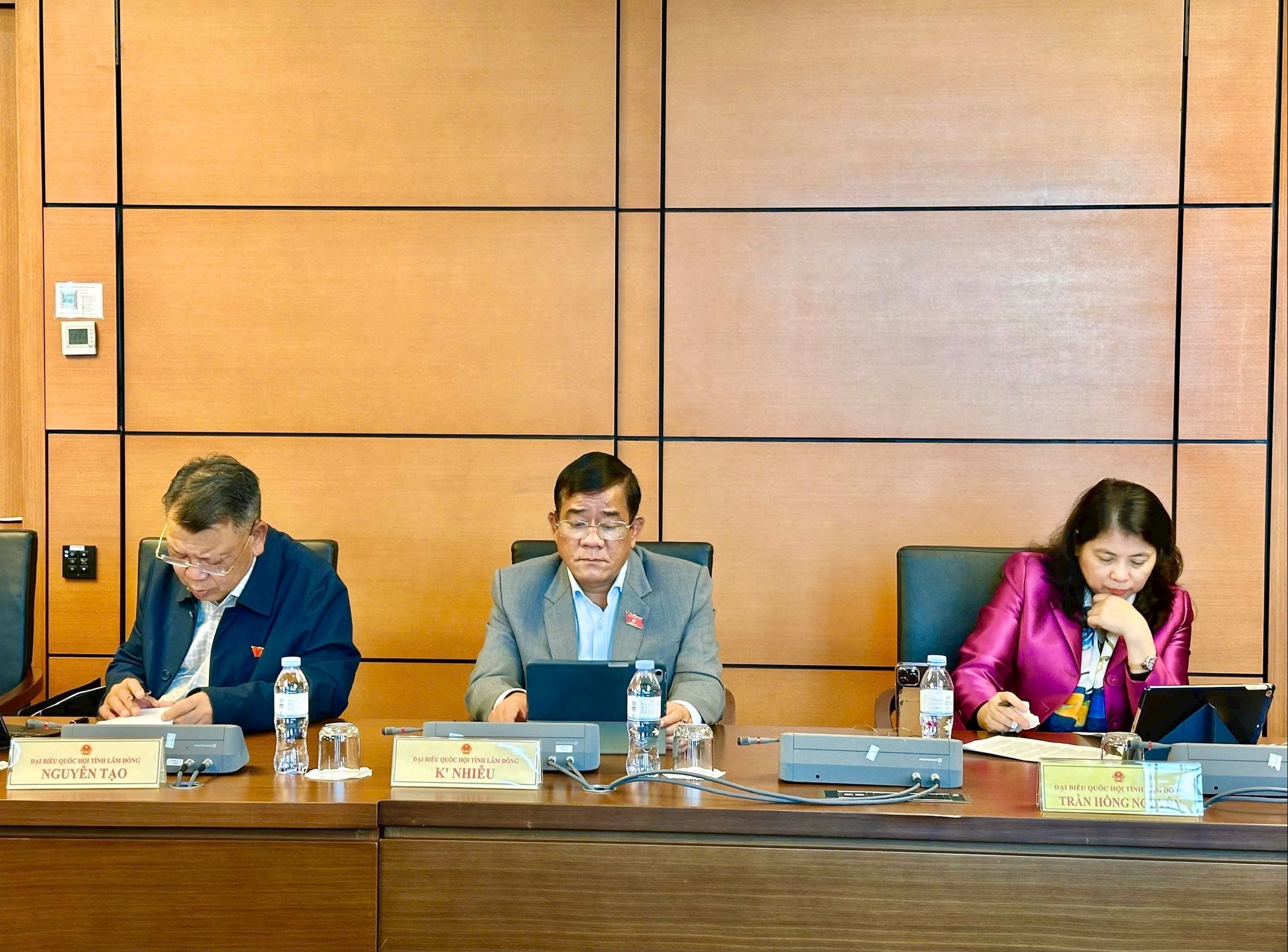
Along with that, the delegate pointed out: The policy of environmental protection fees and taxes has not been reinvested properly; the legal framework for public-private partnership (PPP) in the environmental sector is still lacking, making it difficult for localities to mobilize socialized resources. The delegate suggested that the Government study a comprehensive solution, possibly in the form of a package of related amendments between many laws to ensure consistency, and at the same time consider a cost adjustment mechanism to ensure the quality of domestic water, improve the efficiency of the centralized treatment system, instead of putting the cost burden on the people.
Expand the use of funds for replacement forestation and monitor the mechanism for temporary forest use.
Participating in giving comments on the draft law, delegate Duong Khac Mai (Lam Dong) highly appreciated the Government for innovating the thinking of law-making, simultaneously amending 15 laws to remove bottlenecks in the implementation process.
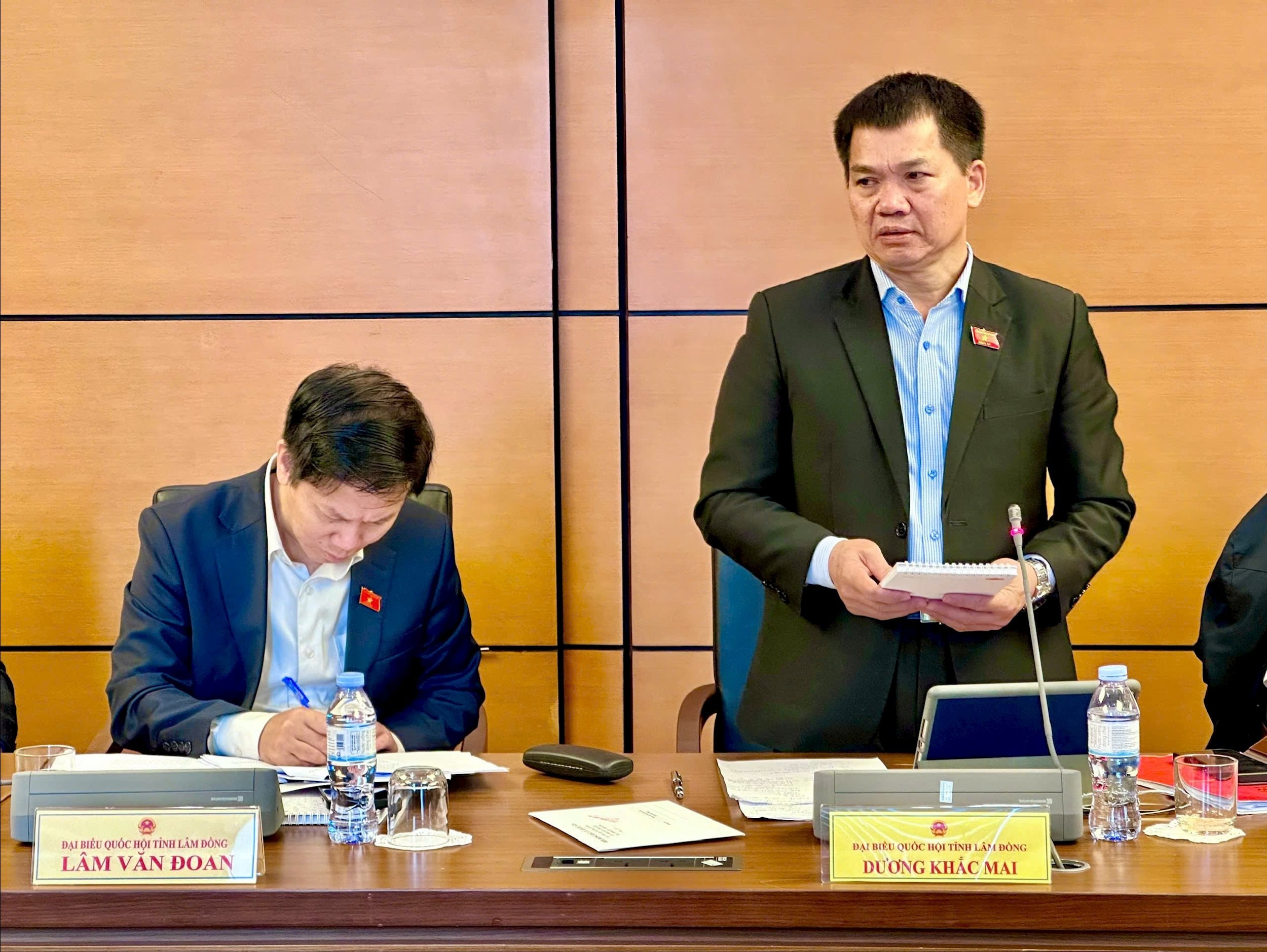
According to delegates, the scope of regulation of the draft law, directly related to the fields of agriculture, natural resources and environment, is of special importance, because more than 70% of the country's area is associated with agriculture, forestry and natural resources.
Delegates expressed their agreement with the amendment of Article 20 of the Forestry Law, to ensure consistency with the Land Law, specifically Clause 5, Article 248... This amendment allows projects under the authority of the National Assembly, the Government or the Provincial People's Council to not need to carry out procedures to change the purpose of using private forests, avoiding overlap, shortening appraisal time, creating favorable conditions for socio-economic development projects; at the same time, still ensuring the principle of unified management of forest resources.
In addition, delegates supported the addition of regulations on the mechanism of “temporary forest use” for activities serving national and public interests or socio-economic development in a short period of time without changing the purpose of use. After the expiration of the period, the forest area must be restored to its original state.
The delegate emphasized that there should be specific regulations on the concept of “original state”, including vegetation, soil layers, ecosystems and forest habitats, to ensure environmental integrity, especially for natural forests and special-use forests. At the same time, management agencies need to have a mechanism to closely inspect and monitor temporary forest use, especially after the expiration of the term of use, to ensure that forests are restored in accordance with regulations and prevent acts of taking advantage of policies.
Regarding Article 21 on replacement forestation, delegates said that expanding the scope of using funds for replacement forestation is necessary and suitable for practice. Currently, many localities no longer have suitable land for new planting, leading to large backlogs of funds, while the need for forest care, protection, regeneration and improvement is very high.
Therefore, it is advisable to allow the use of this funding source for forestry activities with equivalent ecological value, such as enclosure, regeneration promotion, care and improvement of depleted forests. This approach not only improves the efficiency of budget use but also contributes to the restoration and protection of sustainable forest ecosystems.
Delegates also agreed to change the term “Non-State Budget Fund” to “Financial Fund”, so that this fund can be supplemented from the state budget when necessary. Adjusting this term helps increase flexibility, synchronization with the Law on Public Investment and other financial laws, ensuring convenience in mobilizing and managing resources for forest protection and development.
Delegate Duong Khac Mai also agreed with the law taking effect from May 1, 2026, in order to create conditions for ministries, branches and localities to have enough time to prepare guiding documents and synchronously implement them. According to the delegate, this will help the new regulations quickly come into life, ensuring effectiveness, practicality and suitability with the requirements of forestry management and development in the current period.
Source: https://daibieunhandan.vn/dong-bo-chinh-sach-quan-ly-moi-truong-khai-thac-su-dung-tai-nguyen-rung-hieu-qua-10394660.html





![[Photo] Prime Minister Pham Minh Chinh receives the delegation of the Semiconductor Manufacturing International (SEMI)](https://vphoto.vietnam.vn/thumb/1200x675/vietnam/resource/IMAGE/2025/11/06/1762434628831_dsc-0219-jpg.webp)


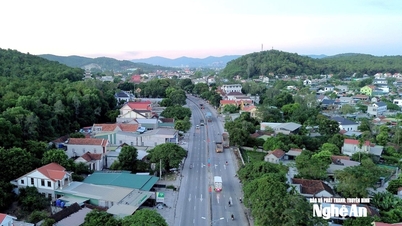



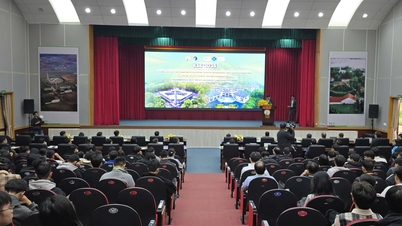



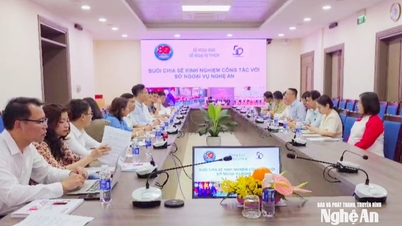

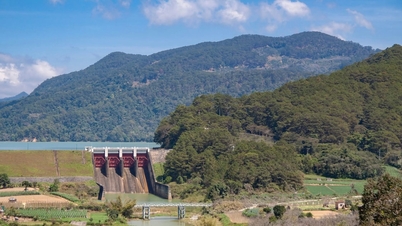



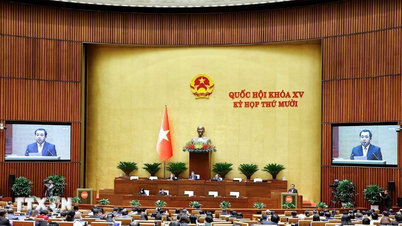
![[Video] Contributing to perfecting the country's major policies](https://vphoto.vietnam.vn/thumb/402x226/vietnam/resource/IMAGE/2025/11/07/1762475739788_du-thao-van-kien-5427-jpg.webp)

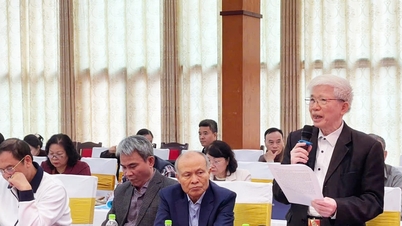
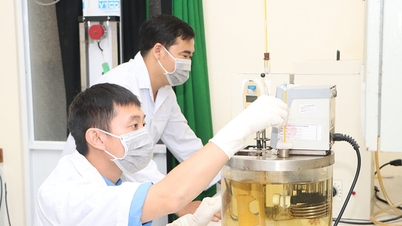





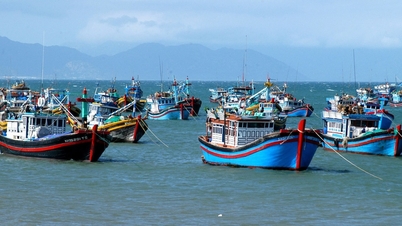

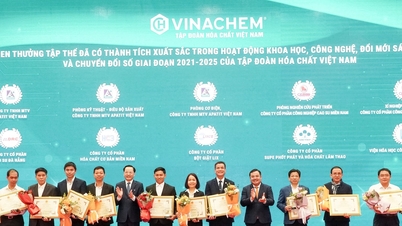
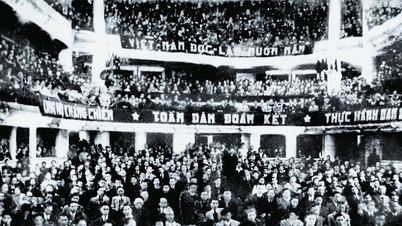
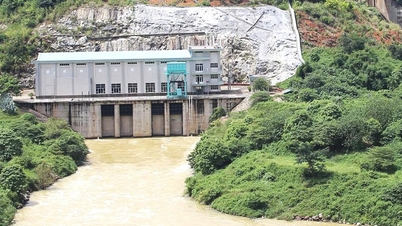
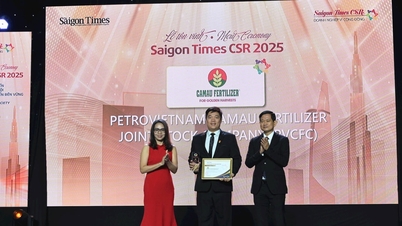




















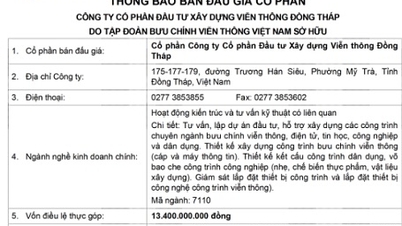


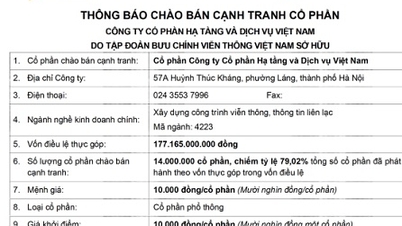











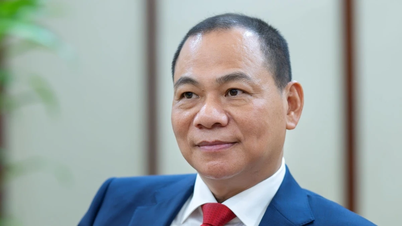
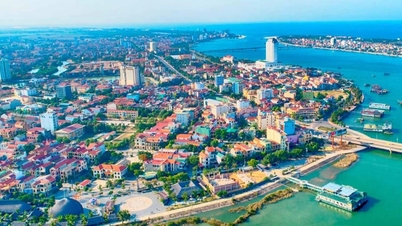










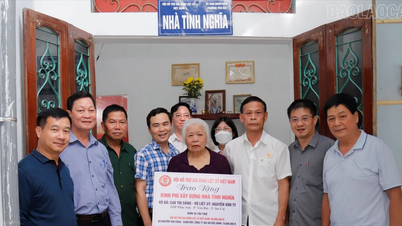







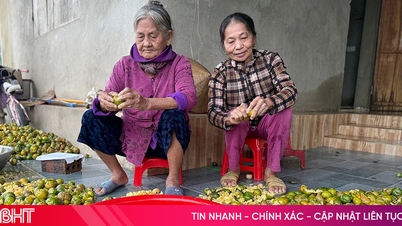

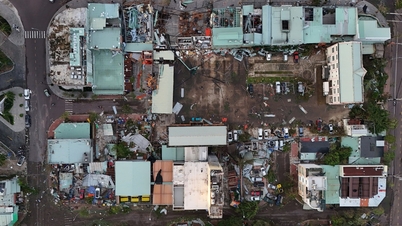


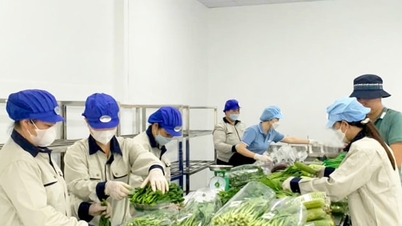










Comment (0)